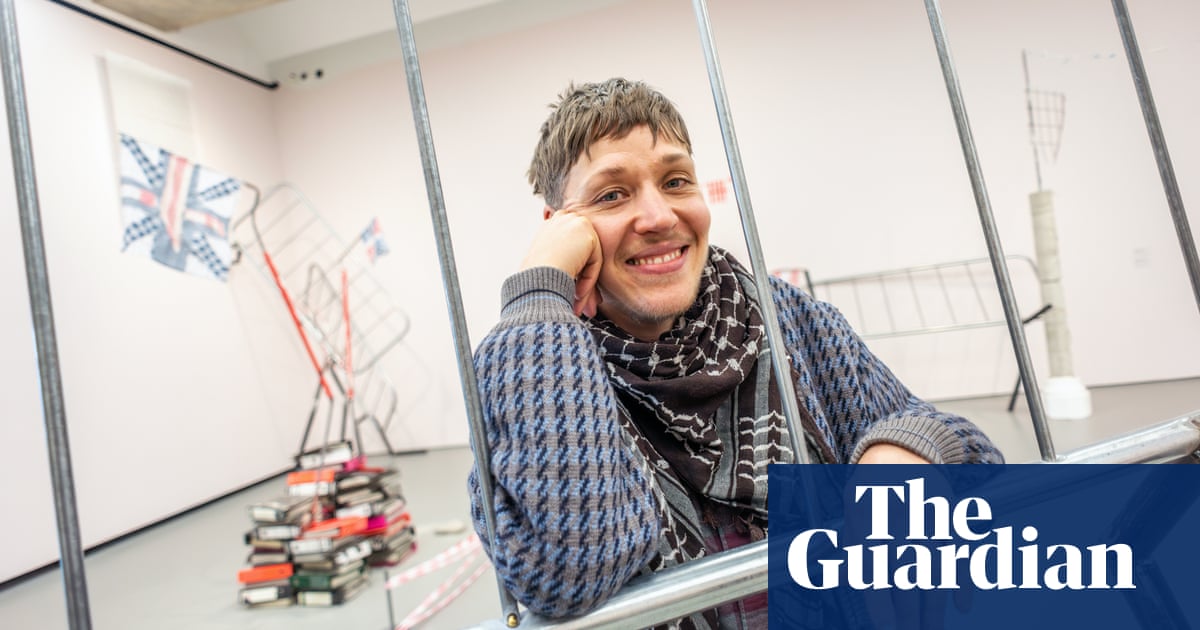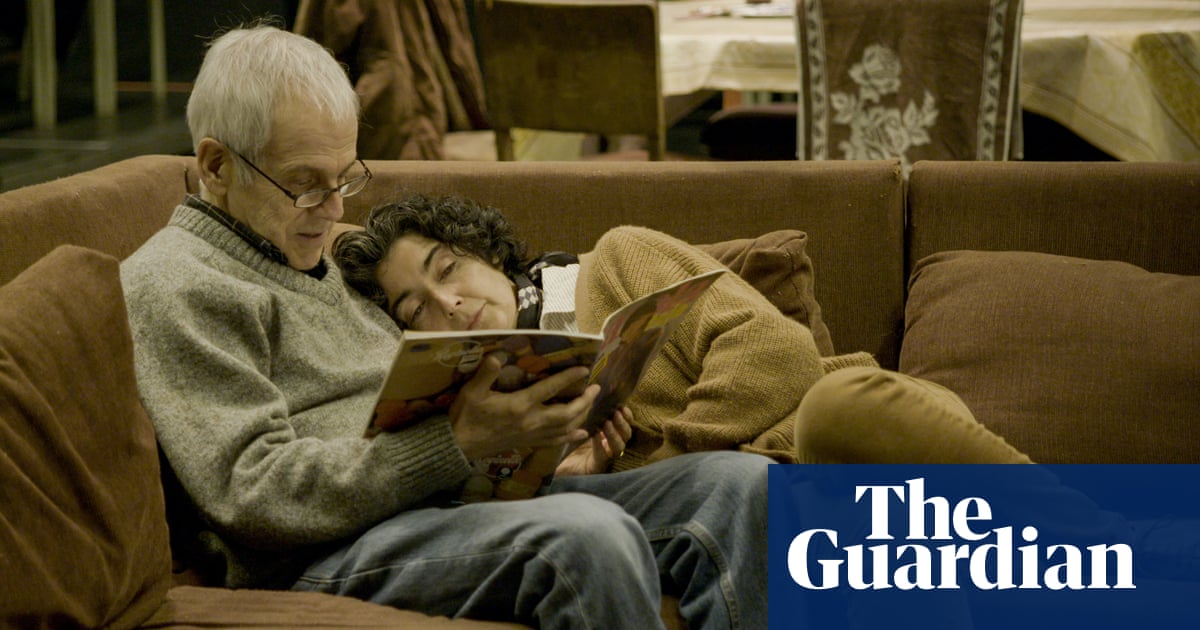
The Turner prize has given us some great characters. Grayson Perry was a little-known alternative potter before this annual competition for avant garde British art launched him as a commentator and media personality. Tracey Emin became a national sensation when she showed her unmade bed in 1999, though she lost out to Steve McQueen – yet another talent for whom it was the beginning of great things.
But it’s a fair bet that no individual will become rich or famous as a result of this year’s Turner exhibition at Coventry’s Herbert Art Gallery. This is no slight on the 80 or so people I count behind the five collectives on this year’s shortlist. It’s just that you have to scan the small print to even find these folks’ names. The Turner has turned on itself.
Will the winner be Black Obsidian Sound System, Gentle/Radical, Project Art Works, Array Collective or Cooking Sections – and should we even care? For the traditional competitive spirit hardly seems relevant when it’s all about collectivism. The Turner in 2019 ended with the artists sharing the award. In 2020, the prize was replaced with bursaries. It appears competition is such anathema for today’s young artists or is judged by the organisers to be so inappropriate that the whole idea of a glamorous and controversial art prize is dying. This is not something that’s happening in other art forms. The “death of the author” may have been announced some time ago but they still keep winning the Booker.
Yet there’s the rub. You could argue this year’s shortlist is a pure distillation of all that makes the Turner different. For while prizes in other arts recognise “talent” in a fairly traditional sense, the Turner – with its history of pickled cows, found footage and fag ends – has always challenged conventional ideas of creativity. The reason it enraged some people so much 30 years ago was that it rewarded readymades that seemed to show no effort or skill.
So this year’s collectivist Turner could be seen as a return to the prize’s most provocative traditions. Few people these days get upset by artists using found objects and the idea of the conceptual artist is a commonplace. But what about art that’s not made by a single mind at all? There is a fine paradox in an art prize abolishing the individual, a real assault on our basic assumptions about the nature of the artist.
The contenders
1
Black Obsidian Sound System
Black Obsidian Sound System’s The Only Good System Is a Soundsystem, 2021. Installation view at FACT, Liverpool Biennial, 2021.
Black Obsidian Sound System’s installation The Only Good System Is a Soundsystem at FACT, Liverpool Biennial, 2021. Photograph: Rob Battersby/Photography
This collective of audio-visual artists greeted its nomination by criticising the “exploitative practices” of Tate, the Turner’s main sponsor, so expect a spiky showing by a community of ‘queer, trans and non-binary Black and people of colour involved in art, sound and radical activism’.
2
Gentle/Radical
An illustration from Gentle/Radical’s Doorstep Revolution project in Riverside, Cardiff.
An illustration from Gentle/Radical’s Doorstep Revolution project in Riverside, Cardiff. Photograph: Illustrator Beth Blandford
Cardiff’s Riverside is home to this group that wants to put down roots in a community. The aim is to give everyone the chance to participate in events from film screenings to performance art, knocking on every door to introduce itself.
3
Project Art Works
Project Art Works’ illuminating the Wilderness installation at Tate Liverpool, 2019.
Project Art Works’ illuminating the Wilderness installation at Tate Liverpool, 2019. Photograph: Andy Warner ® PAW Jarman Prize Gallery/Project Art Works
Since the 1990s this Hastings outfit has worked with people with autism, learning and other intellectual disabilities to create art reflecting a neurodiverse perspective on the world. It has widely exhibited internationally.
4
Array Collective
Array House Rules from the Belfast-based Array Collective.
Array House Rules from the Belfast-based Array Collective. Photograph: Courtesy of Array
Northern Ireland’s history and religious divisions provide combustible material for Array. It seeks to create a new, non-sectarian culture using rituals and folklore, as well as making performance and protest art about abortion, LGBTQ+ rights and gentrification.
5
Cooking Sections
Cooking Sections’ Salmon: A Red Herring performative installation at Tate Britain, London, 2020
Cooking Sections’ Salmon: A Red Herring performative installation at Tate Britain, London, 2020. Photograph: Lucy Dawkins/Tate (Lucy Dawkins) 2020
With two members, Cooking Sections is the smallest collective on the shortlist. Its theme is food, not as art or cuisine but as an image of capitalist systems that alienate us from nature with dyes and other lies.












